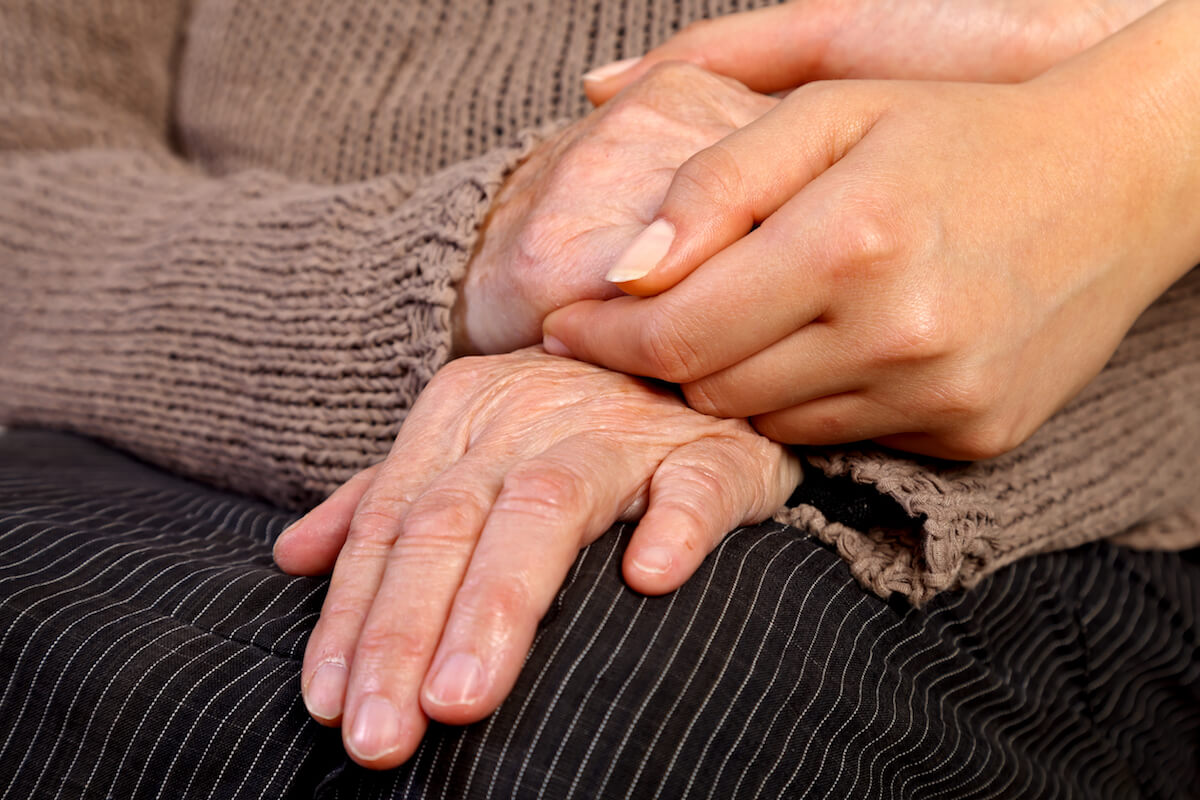
When the term “dementia” is used, many people immediately think of memory loss. While that is one symptom of dementia, it is not the only one that a person might experience. For someone providing dementia care and support, you should understand other common symptoms.
Astral at Franklin provides compassionate and expert dementia care to residents in our memory care community. As leaders in memory care for individuals and families living in Franklin, Indiana, and the surrounding areas, our dedicated team is here to help you through your dementia care journey.
The brain is a complex organ, and people living with dementia may experience the condition differently. For example, some may experience what seem to be sudden and dramatic changes in their personality. For a family member providing dementia care, this can often become one of the most challenging aspects of memory support.
As the Alzheimer’s Association points out, a person living with dementia can experience mood swings and behavior changes – for no apparent reason.
In addition to mood changes, a person living with dementia may experience physical changes such as loss of one or more of their senses (touch, taste, vision, etc.), an increase in sleeplessness and insomnia – including sundowning – and dramatic shifts in energy levels. Beyond that, social isolation and loneliness are key risks for someone living with dementia.
If you are providing dementia care for a family member, it is vital to remember that your job is to provide a safe and loving environment. By remaining flexible, patient and compassionate, you can help a person with dementia navigate these symptoms.
For a person living with dementia, sleeplessness is often a common symptom. Changes to the brain can dramatically affect energy levels and sleep patterns, which might lead to a person being awake through the night but taking frequent naps throughout the day.
A recent study suggested a surprising link between excessive daytime napping and dementia. Insomnia can be caused by several factors, including increased restlessness at night, stress, anxiety, lack of adequate exercise and poor diet.
As you provide dementia care for a person experiencing insomnia, there are steps you can take to mitigate the challenge. An important first step is to create a sleep schedule. By establishing a set daily routine, you provide the structure for success.
When selecting activities for the daily routine, consider some of these ideas to encourage a better night’s sleep.
Establishing a daily routine that includes plenty of healthy food, exercise and meaningful activities is one of the best ways to enhance your family member’s experience as well as prepare them for sleep each night.
Although creating a daily routine is beneficial, it is equally important not to remain fixed on the schedule, if something changes. Part of delivering extraordinary and compassionate dementia care is learning to be patient and flexible. If that means your family member would rather sleep on the couch at night because it is more comfortable, carefully consider what they are requesting and determine if their request is in their best interests.
Other symptoms of dementia that go beyond memory loss are feelings of loneliness and depression. The Alzheimer’s Association estimates that nearly 50% of people living with dementia also experience depression, making it one of the most common – and serious – dementia symptoms.
This is an important time to make a distinction between being alone and feeling alone. Some people like solitude, electing to play quiet games or enjoy calm moments with family and friends. But, at the same time, a person can feel alone even when they are in a crowded room.
For a person living with dementia, loneliness is not necessarily caused by being alone. Instead, loneliness and depression often arise when they are not living with purpose. As a memory care and support provider in Franklin, Indiana, our team at Astral at Franklin knows that a person living with dementia is still in need of a vital, purpose-filled life. As their care provider, you can give them opportunities to engage in meaningful activities that relieve their stress and soothe their sense of loneliness.
Social engagement is also good for cognitive health, so if there are chances to engage with others during the day, you should incorporate these events into the daily schedule.
At Astral at Franklin, we believe that memory loss is only one component of dementia care. Our memory support community is uniquely designed to care for people living with various forms of dementia, delivering personalized and compassionate care plans for individuals and their families.
Please visit our website today to learn more about memory support at Astral at Franklin.
Longer days and warmer weather make summer a perfect time to focus on wellness. For...
Maintaining a sharp, active mind is just as important as physical wellness. While some changes...
Spending time in nature isn’t just a pleasant way to pass the time—it’s also deeply...